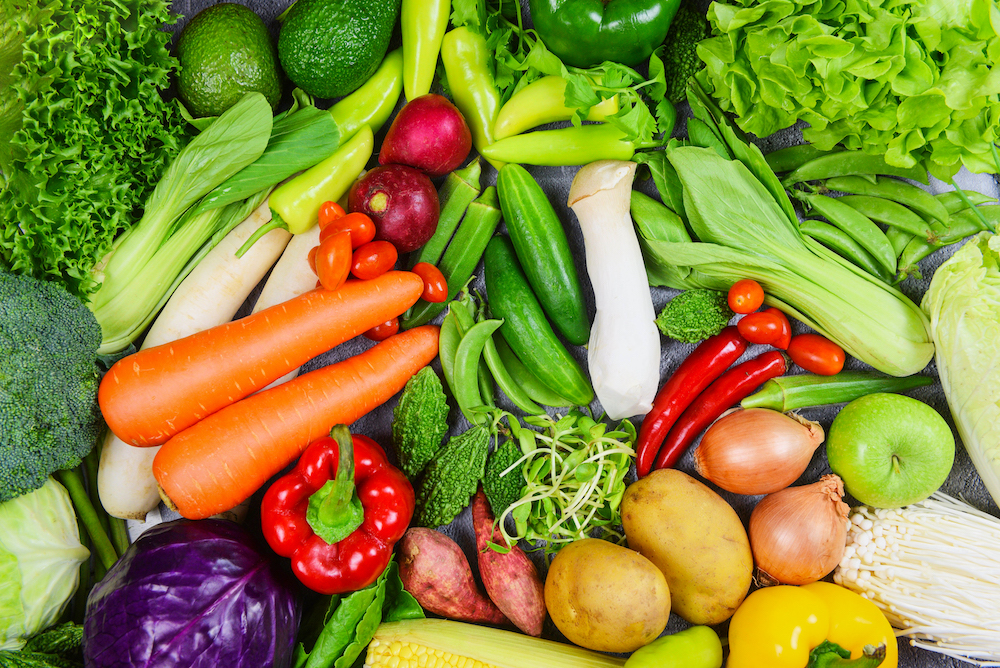Nourishing your mind: the power of literal food for thought

In our fast-paced world, we often find ourselves seeking ways to boost our productivity, enhance our cognitive abilities, and maintain optimal brain health. While mental exercises and mindfulness practices can be beneficial, we should not overlook the impact of nutrition on our brain’s performance. Just as our body requires a balanced diet for overall well-being, consuming certain foods can specifically support our brain’s health and function. In this article, we delve into the realm of “literal food for thought” and explore the fascinating relationship between nutrition and brain health.
The brain-food connection
The brain, a highly complex and energy-demanding organ, requires a constant supply of nutrients to function optimally. Nutritional deficiencies or an unhealthy diet can negatively impact cognitive abilities, memory, concentration, and mood. To fuel our minds, we need to prioritize a well-rounded diet that includes the following brain-boosting nutrients.
Omega-3 fatty acids
Omega-3 fatty acids, particularly docosahexaenoic acid (DHA), play a crucial role in maintaining brain health. These healthy fats are integral components of brain cell membranes and aid in improving cognitive function, memory, and overall mental well-being. Fatty fish like salmon, mackerel, and sardines, as well as walnuts, flaxseeds, and chia seeds, are excellent sources of omega-3 fatty acids.
Antioxidant-rich foods
Antioxidants are powerful compounds that protect our brain cells from oxidative stress and inflammation, which are associated with age-related cognitive decline and neurodegenerative diseases. Including a variety of colourful fruits and vegetables such as berries, leafy greens, tomatoes, and citrus fruits in our diet can provide a rich array of antioxidants, supporting our brain health.
Brain-boosting vitamins and minerals
Certain vitamins and minerals are essential for maintaining optimal brain function. Vitamin E, found in foods like nuts, seeds, and spinach, acts as a potent antioxidant, protecting brain cells from damage. B vitamins, particularly B6, B12, and folate, contribute to the production of neurotransmitters and help reduce the risk of cognitive decline. Good sources of B vitamins include whole grains, legumes, leafy greens, and lean meats.
Healthy fats and brain health
The brain is made up of approximately 60% fat, emphasizing the importance of consuming healthy fats in our diet. Monounsaturated and polyunsaturated fats, found in olive oil, avocados, nuts, and seeds, support brain cell development and aid in the transmission of nerve impulses. Avoiding unhealthy saturated and trans fats found in fried foods and processed snacks is equally crucial to maintain brain health.
The power of hydration
Staying adequately hydrated is essential for optimal brain function. Even mild dehydration can impair cognitive performance and memory. It is advisable to drink sufficient water throughout the day and limit the intake of sugary beverages that offer no nutritional value and may even lead to brain fog.
The Mediterranean diet
The Mediterranean diet, rich in fruits, vegetables, whole grains, legumes, fish, and healthy fats, has been consistently linked to better brain health and a reduced risk of cognitive decline. This dietary pattern provides a wide range of nutrients and antioxidants, making it an excellent choice for nourishing both the body and mind.
While we often focus on the external factors that influence our cognitive abilities, it is crucial to remember that the food we consume plays a significant role in maintaining a healthy brain. By incorporating brain-boosting foods rich in omega-3 fatty acids, antioxidants, vitamins, and minerals into our diet, we can support our mental well-being and enhance our cognitive performance. Choosing a balanced diet that prioritizes brain health is a proactive step towards nourishing our minds and unlocking our full potential. So, let’s savour the literal food for thought and embark on a journey of enhanced brain function and well-being.


